In the light of growing evolution of all industries, we are forced
to admit that the twenty-first century is the beginning of the golden
age of African peoples. But do we not make the observation that this
growth is inevitably accompanied by a pronounced suppression of its
cultural identity in favour of globalization? The latter does not
obstruct Africanity?
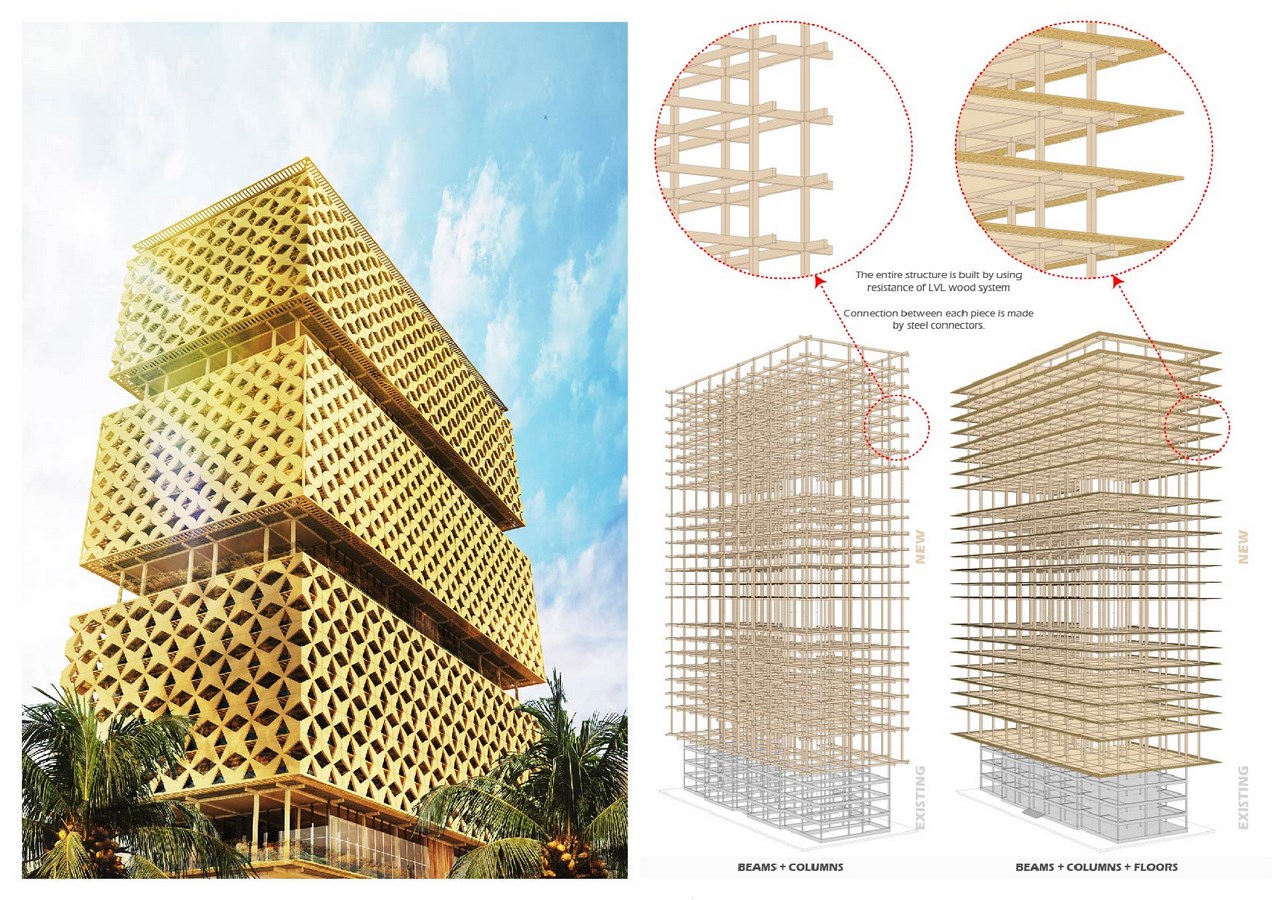
The African Museum of Art and History is a proposal for a museum that won the 1st prize of its jury in the master degree jury organised by EAMAU. The Museum is an amorphous structure; this transcribes history in his glory and doubt moments. The architectural gesture is a form of transition between periods of history, because the museum is not the only purpose of telling the past, it also prints the present and ensures historical continuity of events. This temple of the culture hosts the spirit of the forest, the worship and the sacred. All mutations of history are taking shape here; everything is there, the ordinary, the sacred, the forbidden and the new.
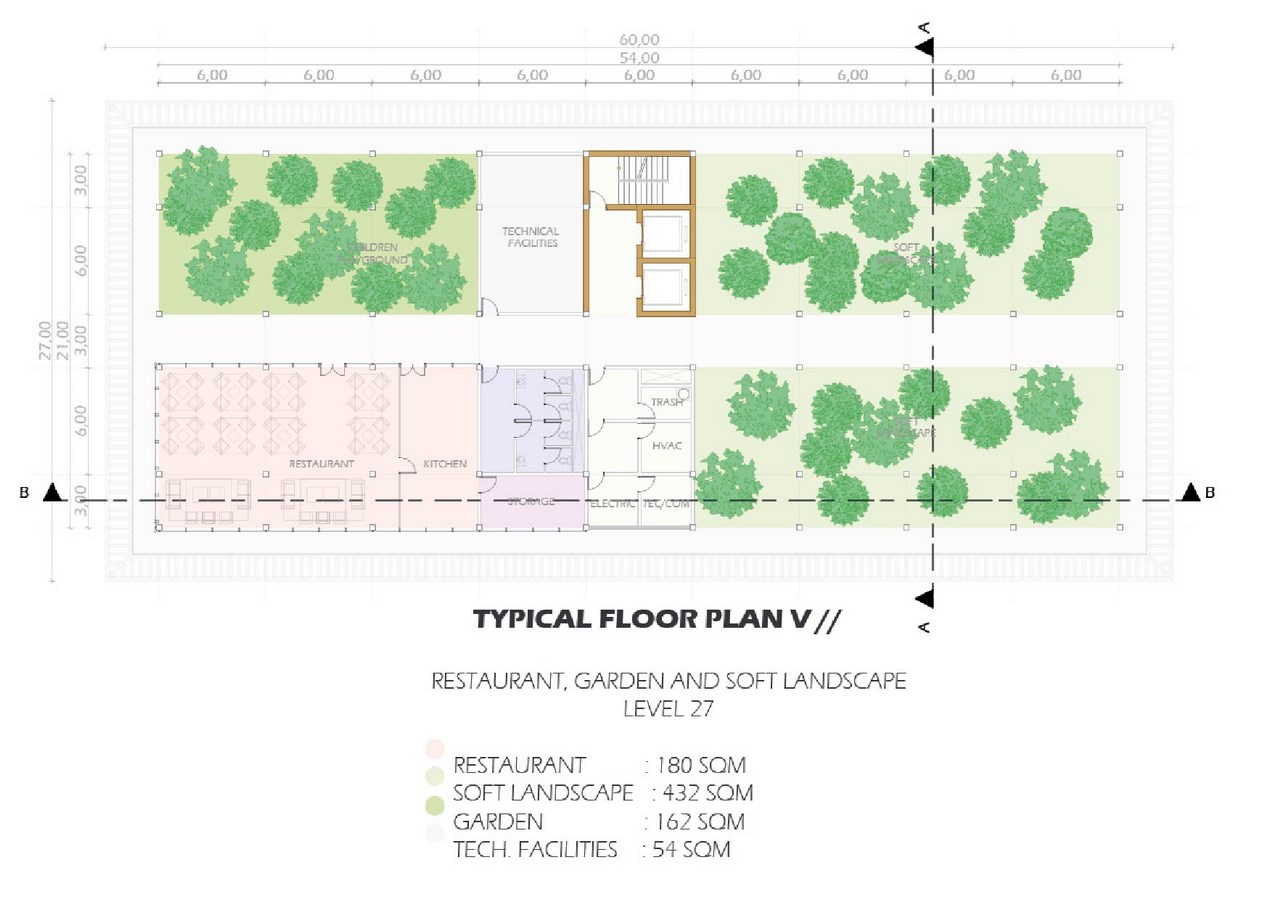
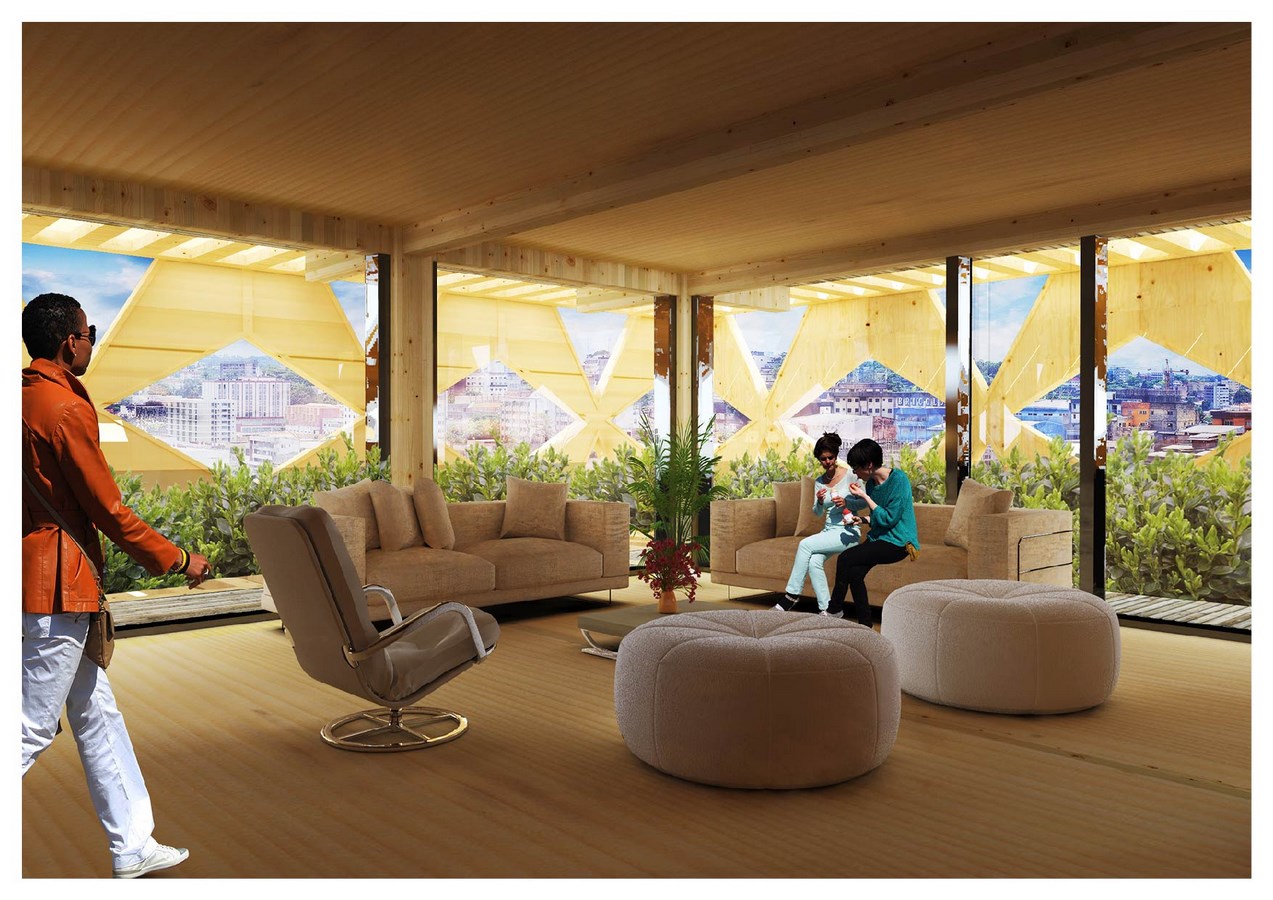
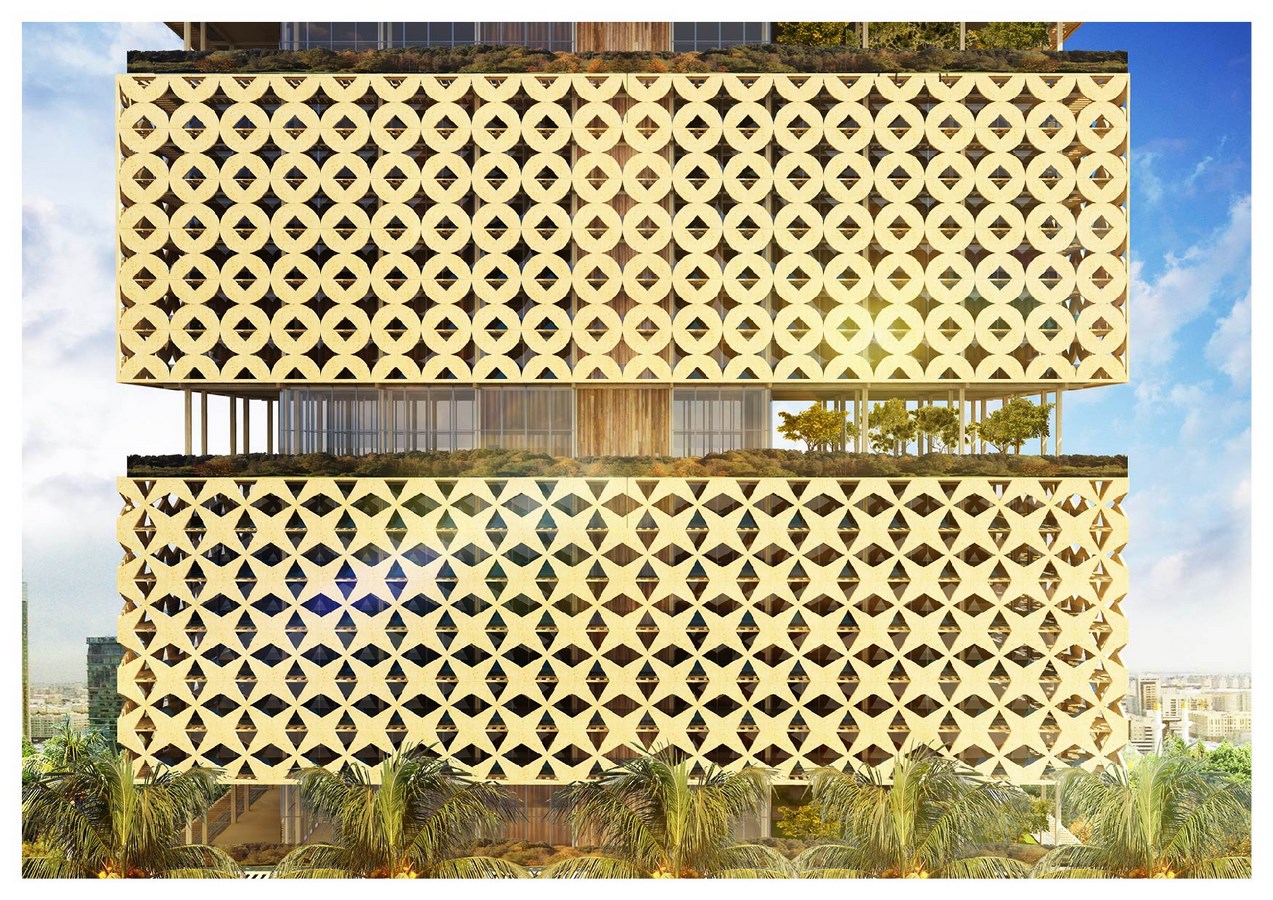
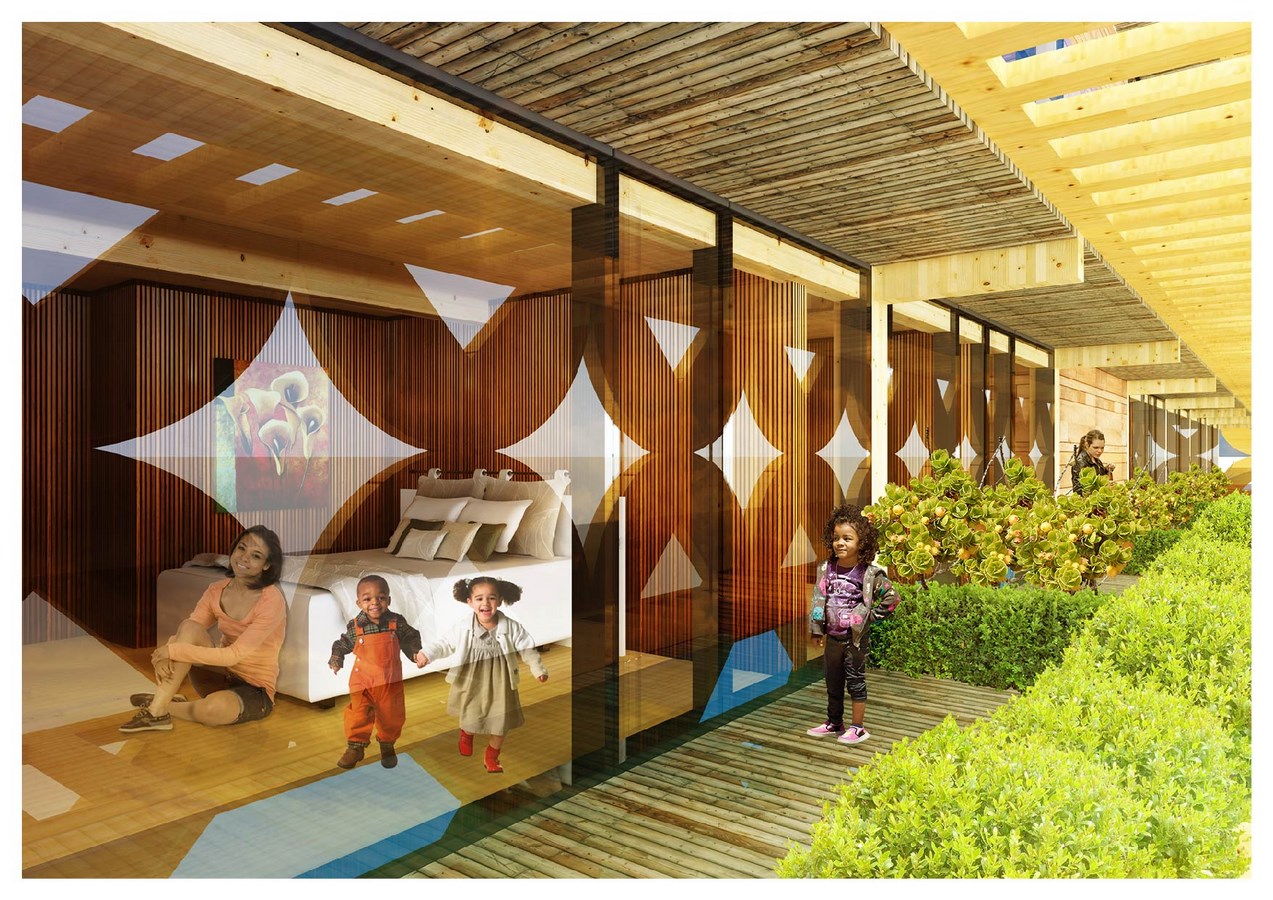
The African Museum of Art and History’ offers the whole African culture into a unique space; a country which focuses all the cultural diversity of Africa on a single territory ‘Cameroon’. Culture is the proof demonstrating the existence of a human group and a nation is alive when its culture stays alive. The museum is a place of memory, meeting, debate, training, research, learning, awareness and social gathering. It is multifunctionalThe project of museums turn around three main key words: Nature, Architecture and Sculpture. These are the federative ideas. The concepts are biomimicry and sacred wood.
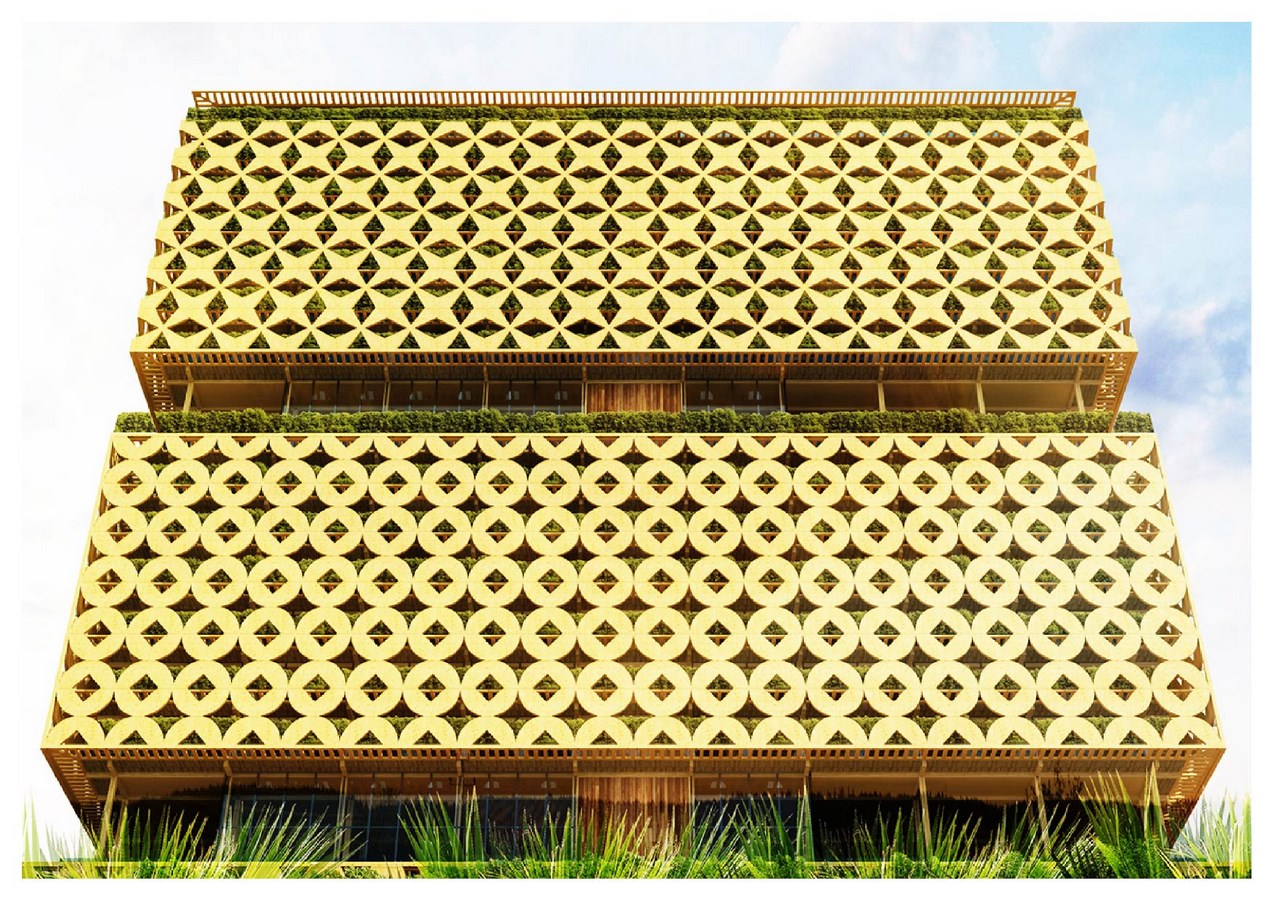
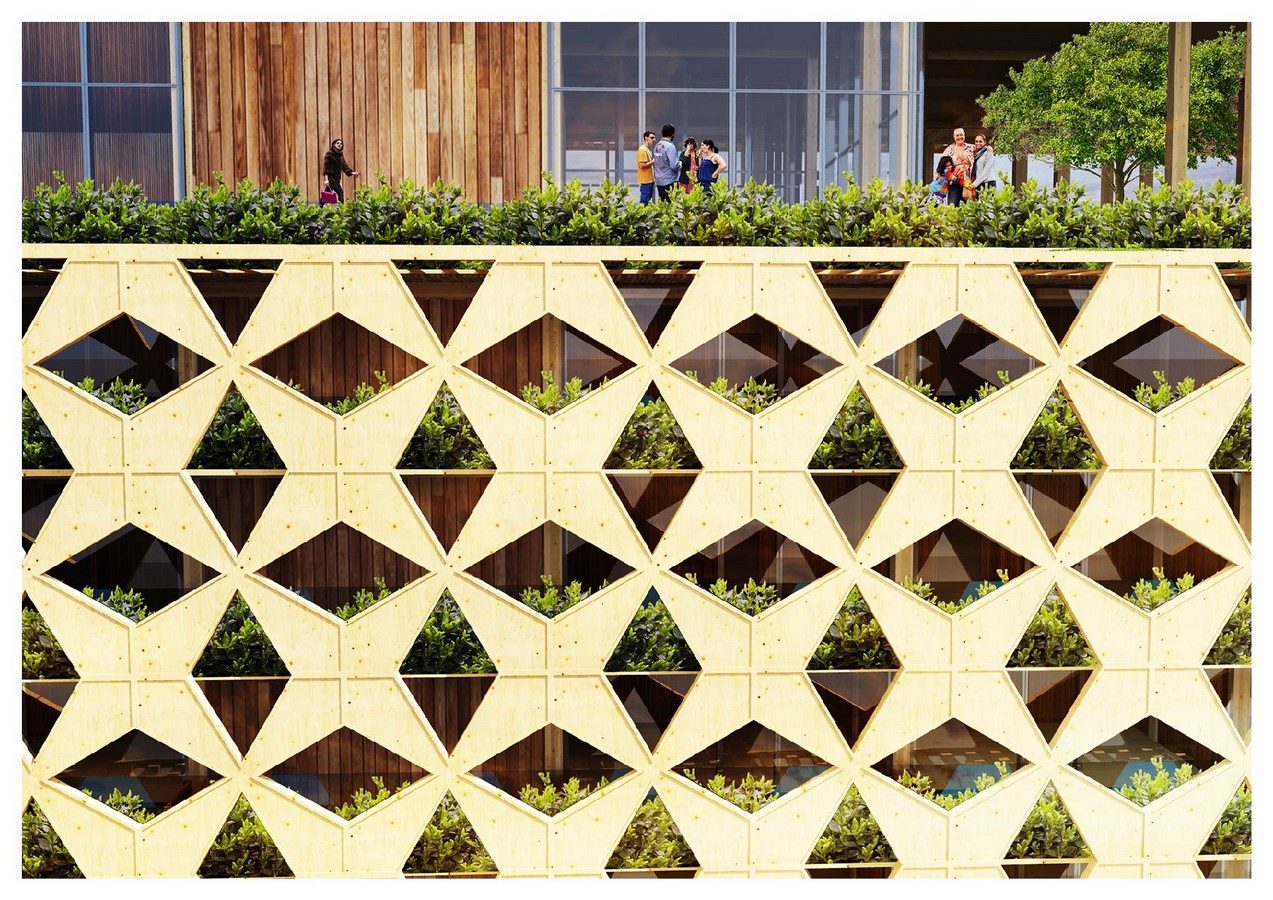
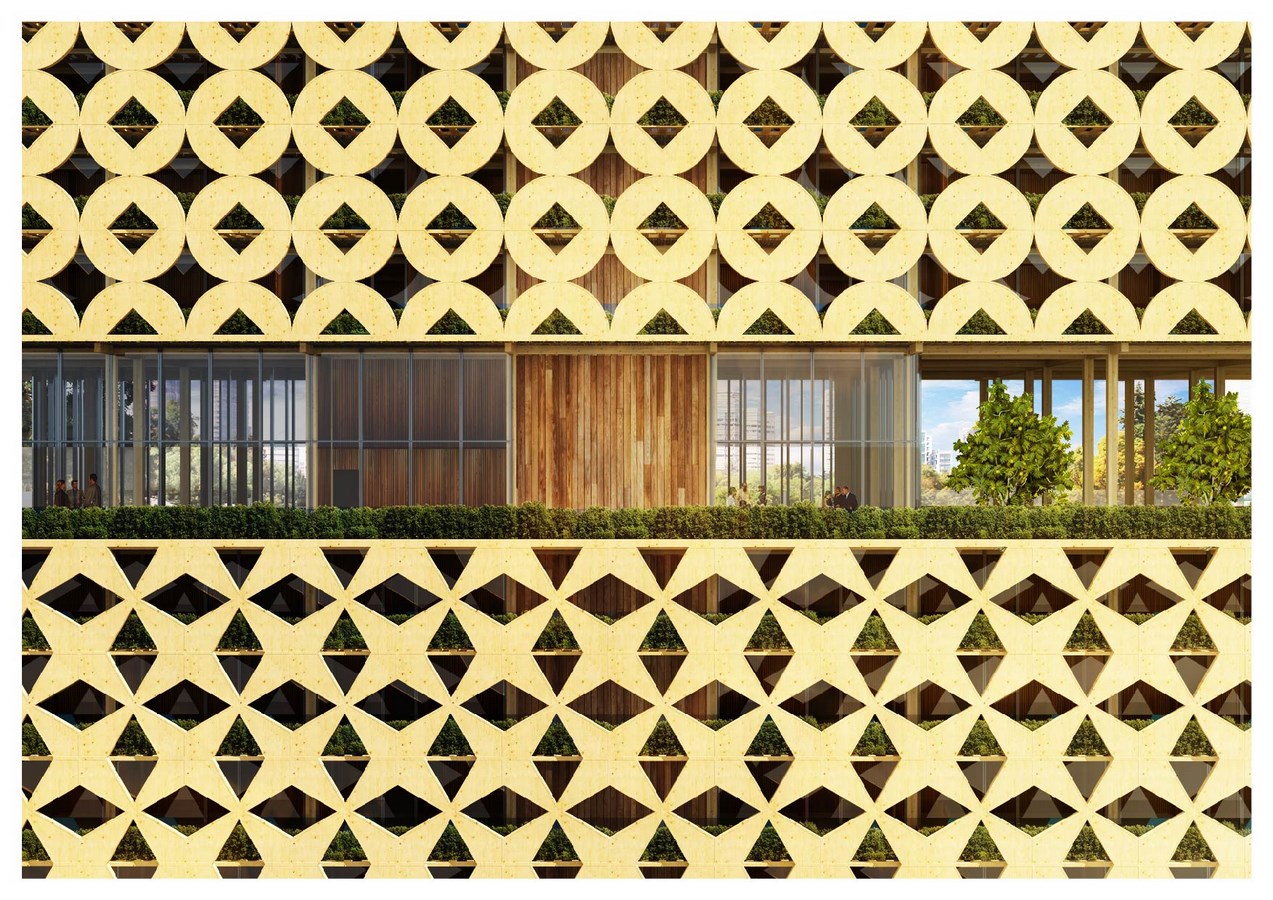
The design is based on the concepts of biomimicry and the sacred wood. The amorphous structure of the envelope project transcribes history in his glory and doubt moments. The architectural gesture is a form of transition between periods of history, because the museum is not the only purpose of telling the past, it also prints the present and ensures historical continuity of events.

The museum has more than 3000 m2 of solar photovoltaic panels; the insolation in Yaoundé is 5.48KWh/m2/day. It then produces 16.44 MWh/day or 6000.6 MWh/year. The yield performance of the best solar panels reaches 60%, and the average are between 20% and 40%. The energy really produced is 2100.21 MWh/year (35% yield). The comparative study shows that in 2008 the Cleveland Museum spent 3500 MWh (65% electricity) on 21,368 m2 of surface area. Our estimation is 1760 MWh for 24,054 m2 (Unnecessary Heating in Cameroon). The museum is a positive energy building; it spends 1760 MWh/year and produces 2,100.21 MWh/year, a surplus of +340.21MWh/year. Nevertheless, the museum will be connected to the national distribution networks..
The architecture is based on the beauty of the natural landscape, “Yaounde, the city of seven hills “. This process of research and creation stems from a desire for social cohesion, energy efficiency and environmental sustainability. This temple of the culture hosts the spirit of the forest, the worship and the sacred. All mutations of history are taking shape here; everything is there, the ordinary, the sacred, the forbidden and the new. There isn’t social censure even whether to shock. Nothing is unethical except the refusal to bow before the majesty of his relics of art and history as presented in their original contexts.
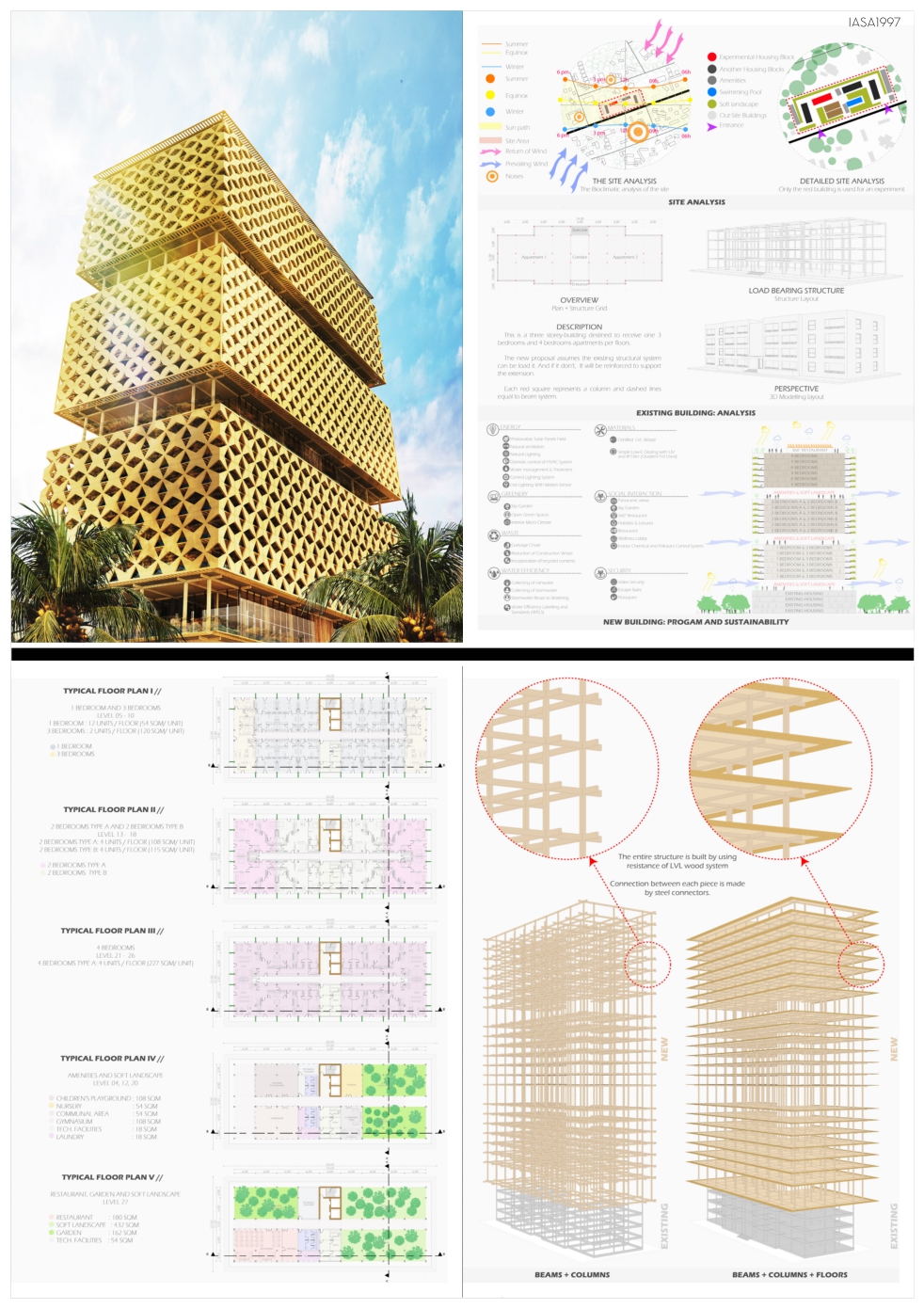
Wood is one of the main materials using for walls, partitions, decorations, and ceilings. Because of its low ecological impact and its local availability, it is a better choice as local material. Cameroon count 22 million hectares of rainforest. Wood allows obtaining rigorous thermal and acoustic comfort for the whole building.
International Award for Sustainable Architecture Awards 2018
First Award | Category: Residential (Concept)
Architects: Hermann Kamte
Studio Name: HKA Associates
Country: Camerooon
Website: www.hermann-kamte.com

The African Museum of Art and History is a proposal for a museum that won the 1st prize of its jury in the master degree jury organised by EAMAU. The Museum is an amorphous structure; this transcribes history in his glory and doubt moments. The architectural gesture is a form of transition between periods of history, because the museum is not the only purpose of telling the past, it also prints the present and ensures historical continuity of events. This temple of the culture hosts the spirit of the forest, the worship and the sacred. All mutations of history are taking shape here; everything is there, the ordinary, the sacred, the forbidden and the new.




The African Museum of Art and History’ offers the whole African culture into a unique space; a country which focuses all the cultural diversity of Africa on a single territory ‘Cameroon’. Culture is the proof demonstrating the existence of a human group and a nation is alive when its culture stays alive. The museum is a place of memory, meeting, debate, training, research, learning, awareness and social gathering. It is multifunctionalThe project of museums turn around three main key words: Nature, Architecture and Sculpture. These are the federative ideas. The concepts are biomimicry and sacred wood.



The design is based on the concepts of biomimicry and the sacred wood. The amorphous structure of the envelope project transcribes history in his glory and doubt moments. The architectural gesture is a form of transition between periods of history, because the museum is not the only purpose of telling the past, it also prints the present and ensures historical continuity of events.

The museum has more than 3000 m2 of solar photovoltaic panels; the insolation in Yaoundé is 5.48KWh/m2/day. It then produces 16.44 MWh/day or 6000.6 MWh/year. The yield performance of the best solar panels reaches 60%, and the average are between 20% and 40%. The energy really produced is 2100.21 MWh/year (35% yield). The comparative study shows that in 2008 the Cleveland Museum spent 3500 MWh (65% electricity) on 21,368 m2 of surface area. Our estimation is 1760 MWh for 24,054 m2 (Unnecessary Heating in Cameroon). The museum is a positive energy building; it spends 1760 MWh/year and produces 2,100.21 MWh/year, a surplus of +340.21MWh/year. Nevertheless, the museum will be connected to the national distribution networks..
The architecture is based on the beauty of the natural landscape, “Yaounde, the city of seven hills “. This process of research and creation stems from a desire for social cohesion, energy efficiency and environmental sustainability. This temple of the culture hosts the spirit of the forest, the worship and the sacred. All mutations of history are taking shape here; everything is there, the ordinary, the sacred, the forbidden and the new. There isn’t social censure even whether to shock. Nothing is unethical except the refusal to bow before the majesty of his relics of art and history as presented in their original contexts.

Wood is one of the main materials using for walls, partitions, decorations, and ceilings. Because of its low ecological impact and its local availability, it is a better choice as local material. Cameroon count 22 million hectares of rainforest. Wood allows obtaining rigorous thermal and acoustic comfort for the whole building.
Another great opportunity. APR’s next award Urban Design & Architecture Design Awards 2018 is open for Registration.

Thanks for posting this info. I just want to let you know that I just check out your site and I find it very interesting and informative. I can't wait to read lots of your posts.
ReplyDeletePress Release Services
Excellent information!
ReplyDelete____________
Find the best FRP panels manufacturer for top-quality and durable solutions!